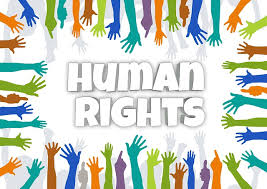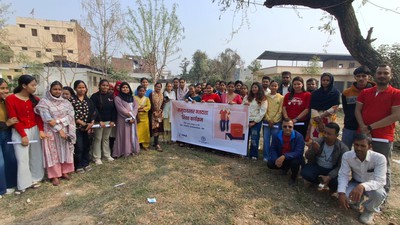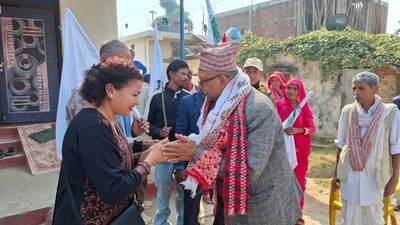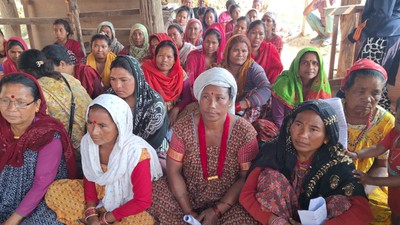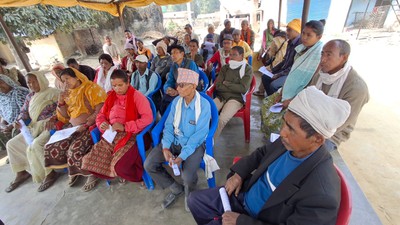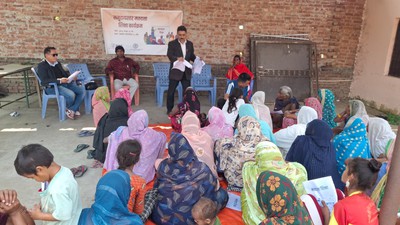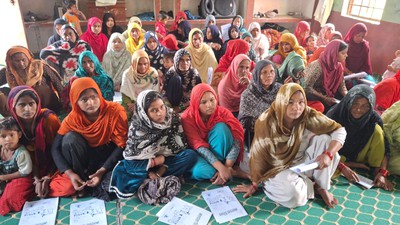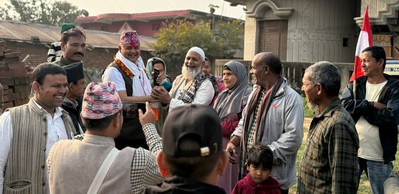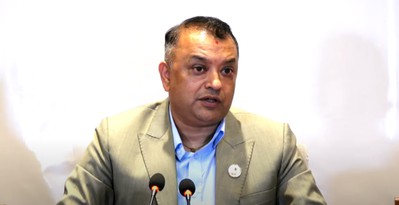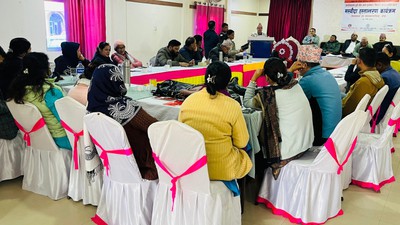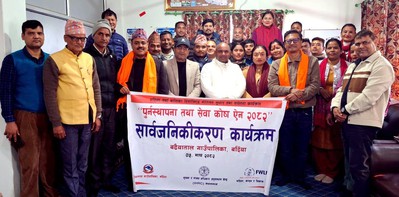Jigyasha Tiwari
The concept of education-related rights emphasizes the fundamental right to education as a basic human right, as outlined in various sources. In Nepal, education is considered a right for all individuals without discrimination, ensuring access to education for everyone regardless of their background. The state is responsible for respecting, protecting, and fulfilling an individual's right to education.
This right encompasses access to education, quality, and a conducive learning environment, forming a bundle of interconnected rights. Education rights are linked to human rights, fundamental rights, and legal rights, requiring the state to ensure compliance, programs, and transformation in education.
The right to education in Nepal is enshrined in the Constitution, which guarantees free and compulsory education up to the basic level and free education up to the secondary level for every citizen.
- Constitution of Nepal guarantees in article 31 Right relating to Education: every citizen shall have the right to access to basic education .
- 31(2) every citizen shall have the right to get compulsory and free education up to the basic level and free education up to the secondary level from the state.
The Act Relating to Compulsory and Free Education, 2075 (2018)
Chapter-2
Access of Citizens to Education and Liability of the State
3. Right to get education: (1) Every citizen shall have the right of equal access to quality education. No one shall be discriminated on any ground to get education.
(3) every citizen shall have the right to become literate, to get early childhood development and education, basic education, secondary education and higher education, pursuant to this Act or the prevailing law.
5) Every illiterate citizen shall have the right to become literate as prescribed.
Chapter-3
Compulsory and Free Education
6. To provide compulsory education: (1) After the commencement of this Act, the State shall make provisions to provide compulsory education up to the basic level to every child who has completed four years but not completed thirteen years of age, through every Local Level
The right to education is a fundamental human right recognized by various international laws and conventions. The Universal Declaration of Human Rights (UDHR) and the International Covenant on Economic, Social and Cultural Rights (ICESCR) are two significant documents that emphasize the importance of education as a human right.
Article 26 of the UDHR states that everyone has the right to education, which shall be free at least in the elementary and fundamental stages. Elementary education shall be compulsory. Parents have a prior right to choose the kind of education that shall be given to their children.
Article 13 of the ICESCR further elaborates on the right to education, stating that primary education shall be compulsory and available free for all. Higher education shall be made accessible to all based on merit.
The Convention on the Rights of the Child (CRC) also emphasizes the importance of education for children, stating that States parties recognize the right of the child to education and shall make primary education compulsory and available free for all
The Convention on the Elimination of All Forms of Discrimination against Women (CEDAW) also recognizes the right to education, emphasizing the importance of equal access to education for women and girls
The United Nations Educational, Scientific and Cultural Organization (UNESCO) Convention against Discrimination in Education also emphasizes the importance of non-discrimination in education, stating that education shall be made available to all without discrimination
These international laws and conventions highlight the importance of education as a human right, emphasizing the need for equal access to education, free primary education, and non-discrimination in education. The right to education is not only an individual right but also a collective right, essential for
the development of a just and equitable society.
The right to education is a fundamental human right, essential for the development of individuals and societies. The international community has recognized and protected this right in various laws and conventions. Nepal has also recognized and protected the right to education in its Constitution and various laws and regulations.
However, despite these legal frameworks, challenges remain in ensuring equal access to quality education for all, particularly for marginalized and vulnerable groups. Continuous efforts from governments, civil society, and international organizations are necessary to overcome these challenges and fulfill the right to education for all. (Law Student)
